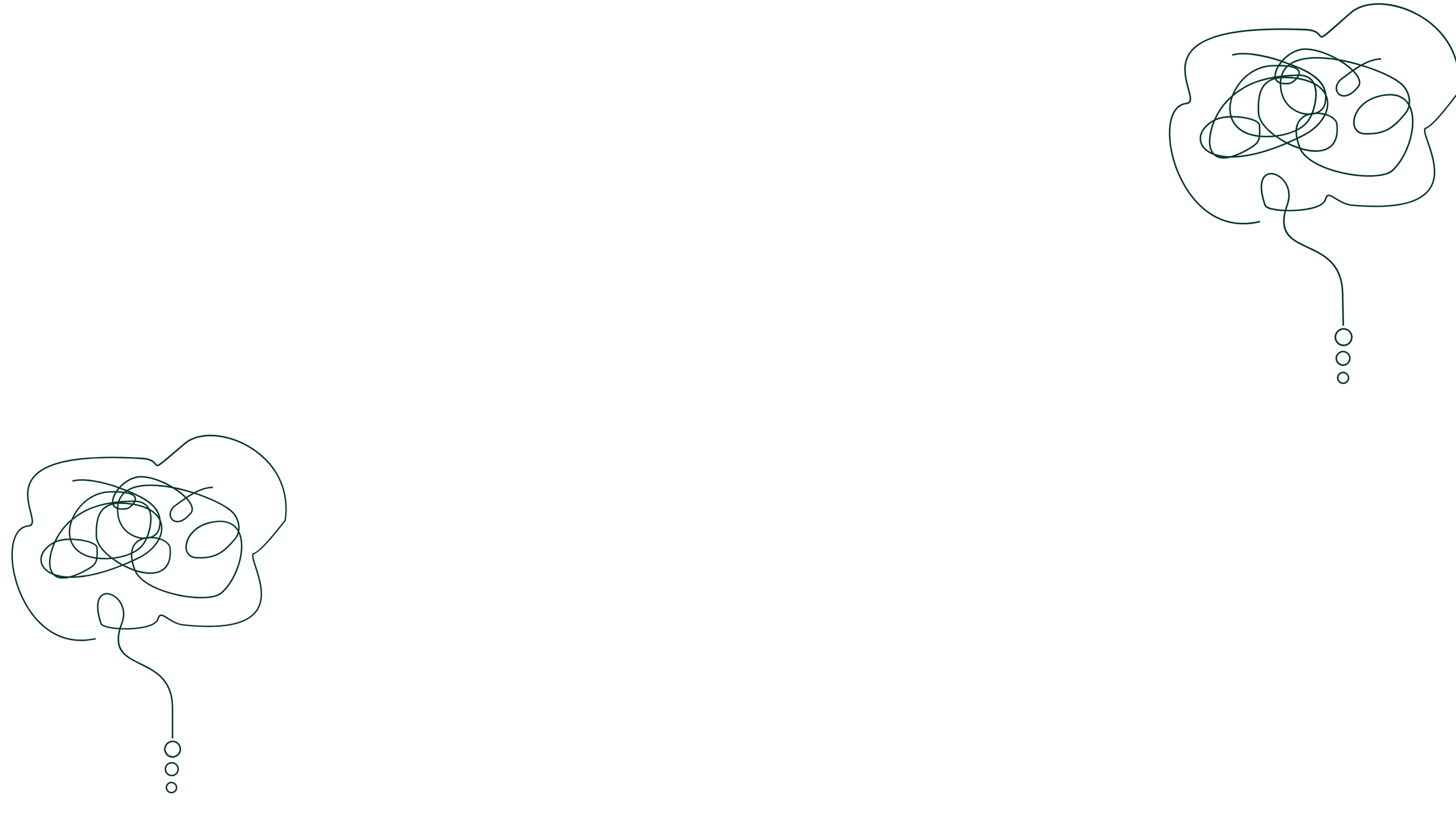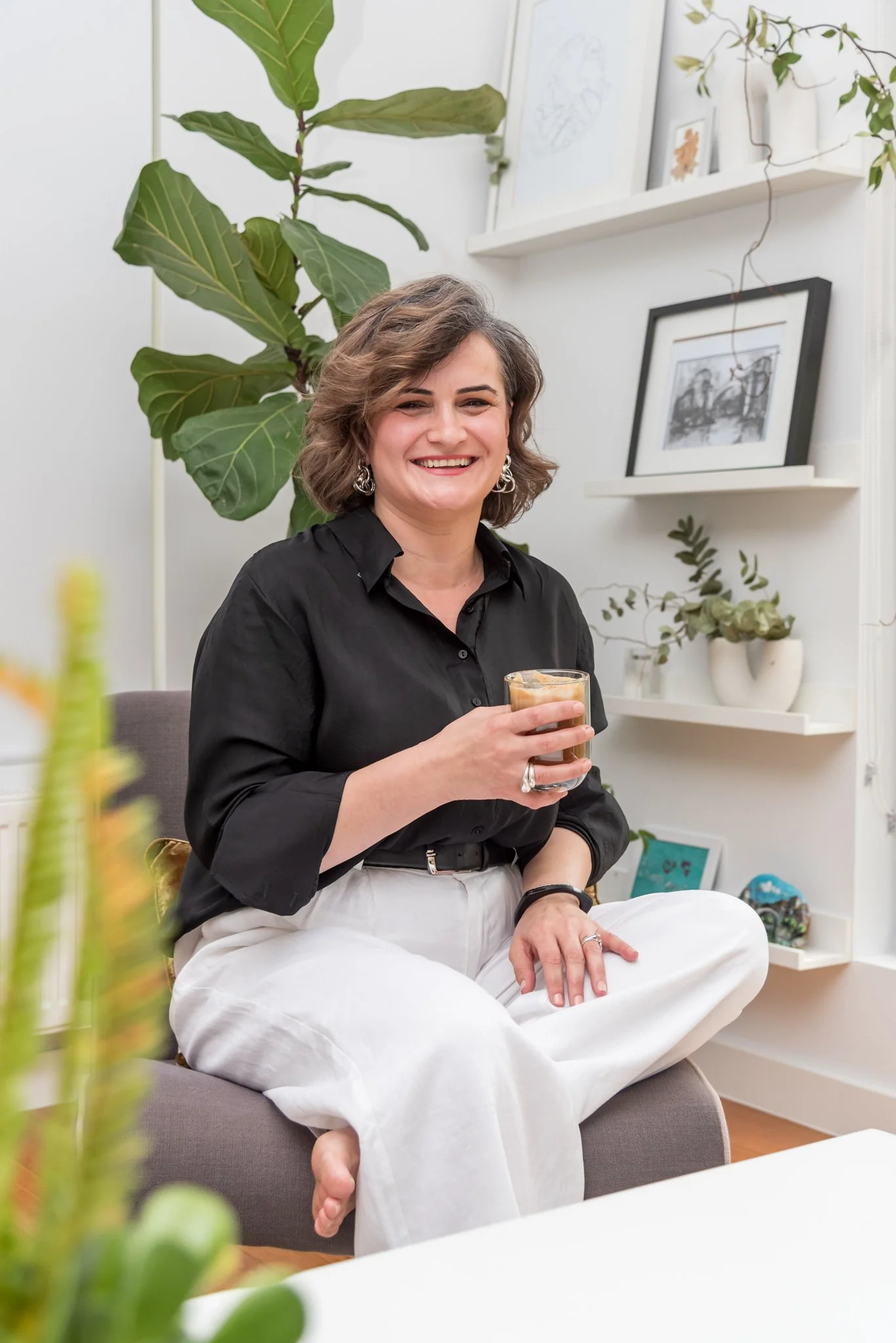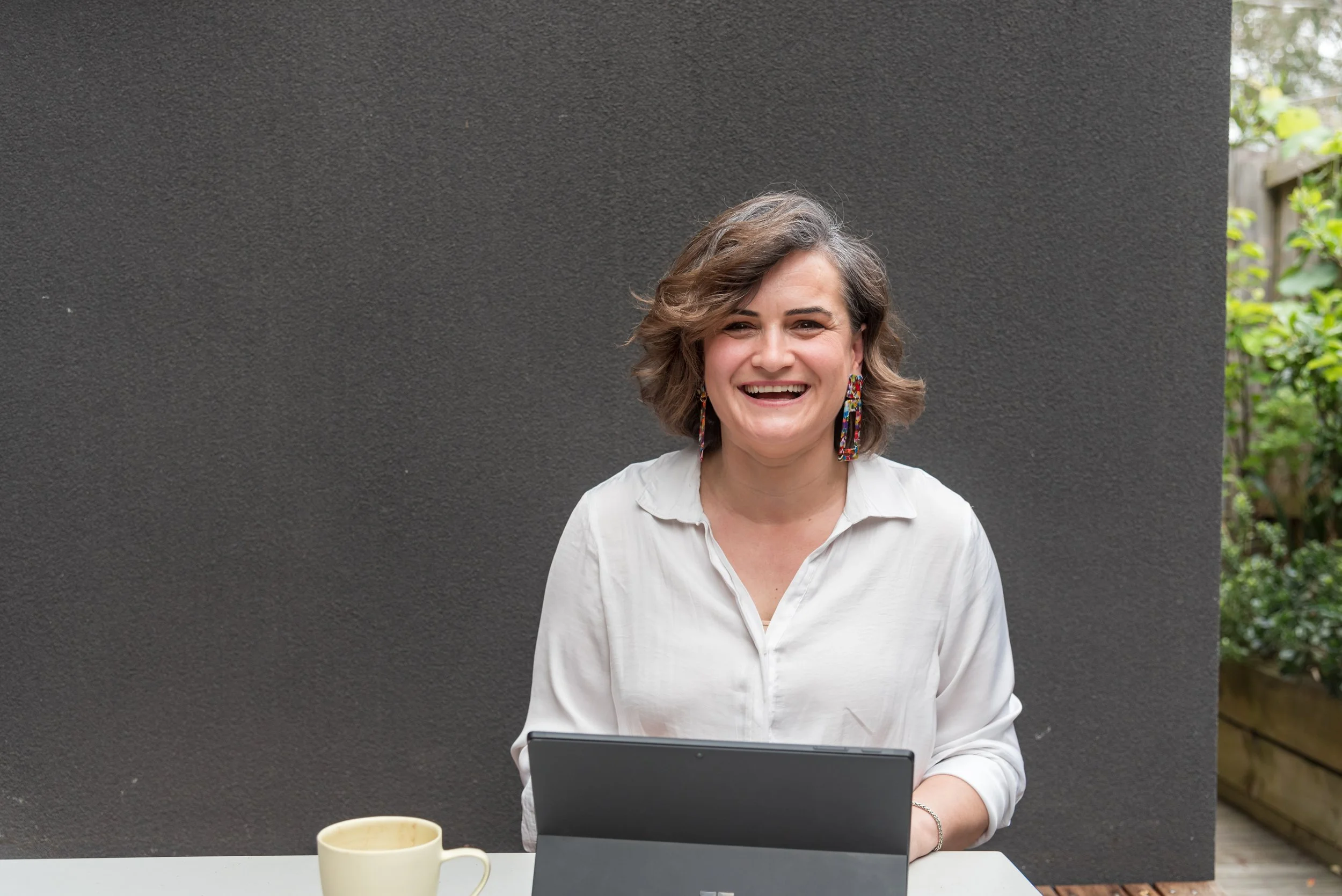
ONLINE THERAPY SERVICES
Clinical Psychologist providing culturally attuned, trauma informed therapy. Helping first-gens, migrants, & adult children of migrants unlearn survival patterns and make space for ease, connection, and joy.
There’s deep strength in being a first-gen, migrant, or adult child of migrants, but that strength often comes with quiet sacrifices.
Being a first-gen, migrant, or adult child of migrants can feel really hard sometimes.
You might feel like you’re always trying to keep it together, do the right thing and make everyone proud - even when you’re exhausted.
You’re not alone, and you don’t have to carry this on your own.
Together, we’ll make sense of your past, create space for your recovery and healing, and help you build a future that feels like yours.
I am a therapist who understands both your busy life and your cultural experience. I offer flexible online therapy across Australia.
I have 3 main areas of focus:
Trauma and Trauma-Related Mental Health Challenges
You are navigating deep emotional wounds, early relational injuries, Post-Traumatic Stress Disorder (PTSD), Complex PTSD, anxiety-related issues, depression, as well as emotions like anger, shame, hurt, and disgust. For example:
You’ve experienced something—recently or years ago—that you can’t seem to “move on” from.
Maybe it’s not one big event, but a series of smaller ones that left you feeling powerless or unsafe.
You notice how it still shows up in your relationships, your body, self-worth, or the way you handle stress.
Adult Children of Immigrants
As an adult child of migrants, you’re trying to balance the sacrifices your family made for you with the dreams and ambitions you have for yourself.
You’re constantly asking, “Am I doing enough for them? For myself?”
The guilt, pressure, and unspoken expectations weigh you down, and you’re not even sure what you want anymore.
You feel like you’re carrying the emotional baggage of generations before you, and it’s impacting how you see yourself, your choices, and your future.
Relationship Challenges (with self and others)
When you've lived through deep, complex trauma, relationships don’t feel safe. They feel like a battlefield or a burden For example:
You struggle to trust, to let people in, or to believe that your needs matter.
You either overextend yourself to keep the peace or shut down to protect yourself from more pain.
You crave connection but feel disconnected.
You are exhausted from people-pleasing or trapped in cycles of avoidance and conflict.
No matter how much you give, it never feels enough.
If you’ve ever thought, “Why am I like this?” or “Why can’t I just let this go?”, I want you to know it’s not about letting it go. It’s about understanding it and learning how to move forward in a way that feels right for you.

Here’s what culturally-attuned, trauma-informed therapy can look like:
not expecting you to translate your identity, story, or grief into something more “palatable”
not expecting you to choose between two (or more!) worlds
holding space for the parts of you that had to stay quiet to keep the peace
exploring family, culture, faith, gender, sexuality, and migration without shame, judgment or pathologising
gently supporting you to unlearn survival patterns that no longer serve you
helping you make sense of inherited expectations and choose what’s truly yours
sitting with you in the messiness of guilt, loyalty, and longing
offering tools to set boundaries (that you are comfortable with!) with compassion, not fear… & boundaries that feel strong and respectful
walking beside you as you reconnect with your voice, your values, and your sense of home — within yourself
WHAT IT’S LIKE TO WORK WITH ME
Therapy isn’t about “fixing” you. You’re not broken. It’s about making sense of what you've been through and giving yourself the support you may have never had.
Here’s how we can work together:

Hi, I’m Dr. Selma Music
I am clinical psychologist, neuroscientist, and someone who knows how heavy all of this can feel, because I’ve been there. I work with people like you every day: adults navigating trauma, cultural and familial expectations, and the complicated relationships.






